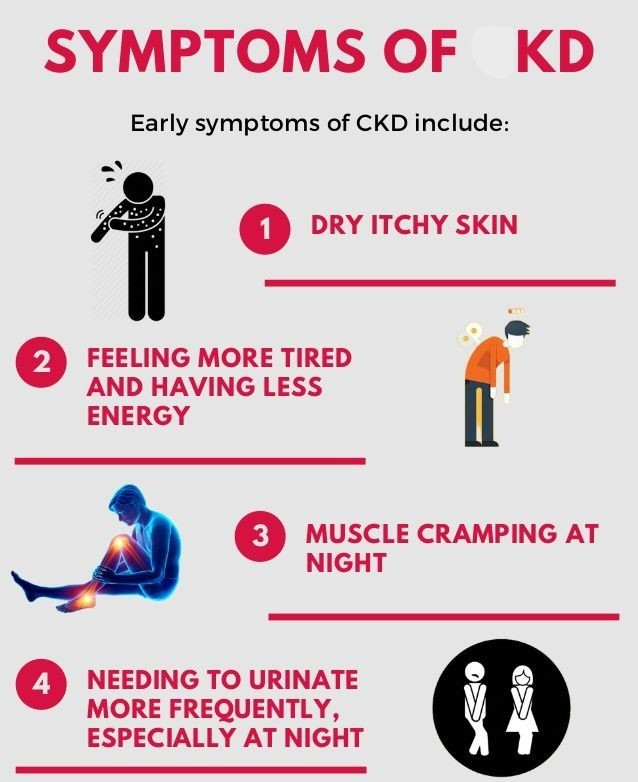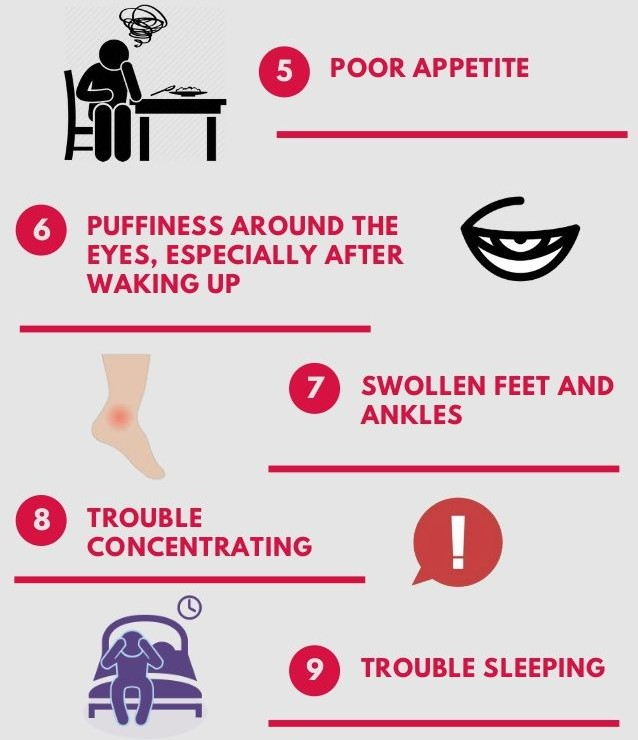Kidney disease is often called a “silent killer” because its symptoms can be subtle or mistaken for other conditions. However, catching kidney pain and other early symptoms allows for timely intervention and prompts effective kidney disease treatment. With rising urban stress, unhealthy lifestyle choices, and increased cases of hypertension and diabetes, maintaining kidney health has never been more vital particularly for those searching for trusted kidney diseases treatment in Delhi at hospitals like MGS-MASSH west Delhi & MASSH Hospital Delhi .
Early diagnosis can slow kidney disease progression, prevent complications, and ensure the best outcomes. Specialized nephrology centers, especially in Delhi, offer world-class care with advanced technology and experienced professionals. Learning the symptoms and taking prompt action can make all the difference.
The kidneys filter waste and excess fluids from the blood, regulate blood pressure, maintain essential electrolyte balance, and keep the body’s internal environment stable. Damaged kidneys can no longer perform these functions efficiently, which can lead to life-threatening consequences.
The initial symptoms of kidney disease can be mild, vague, or easily attributed to other causes. Noticing these early can prompt investigations and potentially save your health.
One of the first indicators of kidney dysfunction is persistent fatigue. When the kidneys don’t filter waste effectively, toxins accumulate in the bloodstream, making you feel tired, sluggish, or mentally foggy. Anemia caused by reduced erythropoietin production also contributes to chronic tiredness.
Healthy kidneys remove excess sodium and water from your body. Early kidney disease can cause swelling (edema), especially in the lower legs, ankles, feet, and sometimes around the eyes. If you notice persistent puffiness, especially in the mornings, consult a kidney specialist promptly.
Noticeable changes in how often, how much, or how urgently you urinate can signal kidney problems. These may include:
Healthy kidneys keep blood cells out of urine during filtration. Blood in urine (hematuria) is a significant warning sign which may also indicate infections, stones, or tumors, but always warrants immediate medical evaluation.
Persistent foamy urine—often resembling the white seen when scrambling eggs—suggests protein is leaking into the urine due to damage of the kidney filters. This is an early sign of nephrotic syndrome or chronic kidney disease.
Loss of appetite, metallic tastes, frequent nausea, or vomiting might be the result of toxin accumulation due to impaired kidney function. When kidneys can’t efficiently filter blood, waste products build up, making food and even water unappealing.
Healthy kidneys help maintain the right balance of minerals and nutrients in your blood. Dry or itchy skin, sometimes with persistent rashes, may signal an imbalance in minerals, a sign that your kidneys are failing to maintain electrolyte balance.
Kidney dysfunction affects the regulation of key minerals, such as calcium and phosphorus, leading to frequent muscle cramps, spasms, or twitching. These can interrupt daily activities and sleep.
The kidneys regulate blood pressure by balancing fluid and producing hormones affecting vessel tone. Damaged kidneys often contribute to high blood pressure, which further accelerates kidney decline. If blood pressure remains uncontrolled despite medication, a kidney evaluation is warranted.
In advanced stages, unfiltered fluid can build up in the lungs, leading to difficulty breathing or even fluid around the heart causing chest pain. These symptoms require emergency medical attention.


Identifying any of these symptoms, especially in combination, signals the need for expert evaluation. Hospitals in Delhi like MGS-MASSH Super Specialty Hospital and MASSH Hospital offer comprehensive kidney disease diagnosis and management, leveraging advanced technology and a multi-disciplinary approach.
Specialized centers such as MASSH focus on minimally invasive treatment for kidney stones as well as holistic kidney disease management, providing tailored patient programs for fast recovery and long-term wellness.
Kidney pain is typically felt as a dull ache in the back, beneath the ribs, or on one or both sides of the spine. Acute pain may point to infection, stones, or injury. If kidney pain persists, especially alongside fever or changes in urination, seek immediate evaluation.
MGS-MASSH & MASSH Hospital provide:
Personalized care plans help maximize the chances of recovery and minimize complications, with state-of-the-art technology and expert consultation for every patient.
If you have risk factors (diabetes, family history, hypertension, obesity), regular kidney function tests are essential for early detection and intervention.
Notice any of these early warning signs? Don’t wait. Consult a nephrologist at MGS Super Specialty Hospital or MASSH in Delhi for comprehensive, patient-centered kidney disease treatment. Timely diagnosis, expert care, and modern technology can protect your kidney health for years to come.
1. What is kidney pain and how is it different from back pain?
Kidney pain usually presents as a deep, dull ache below the rib cage or in the sides. It is often accompanied by changes in urination, fever, or blood in the urine, and differs from musculoskeletal back pain by its location and associated symptoms.
2. Are swelling and puffiness around the eyes always due to kidney disease?
Not always these can be caused by allergies, lack of sleep, or fluid retention for other reasons. However, persistent swelling, especially with other kidney-related symptoms, deserves specialist evaluation.
3. Is kidney disease reversible?
In early stages, kidney damage may be slowed or reversed by lifestyle changes and medical treatment. Advanced stages (chronic kidney disease) often require ongoing management, and in some cases, dialysis or transplantation.
4. What treatments for kidney stones are available at MASSH Hospital in Delhi?
MASSH Hospital offers non-surgical options for small kidney stones and advanced minimally invasive surgeries (PCNL, RIRS, URS) for larger stones, ensuring fast recovery and less pain.
5. Can a kidney-friendly diet help if I have no symptoms?
Absolutely. Preventive dietary changes protect kidney function, particularly if you have risk factors like diabetes or hypertension. Consult with a specialist for personalized guidance.
Recognizing the 10 early signs of kidney disease from fatigue and swelling to kidney pain and urinary changes can save lives. Dedicated centers like MGS Super Specialty Hospital and MASSH Hospital in Delhi deliver world-class, minimally invasive treatments, diagnostic excellence, and holistic care for all kidney-related issues. Stay proactive, seek regular screening, and maintain a healthy lifestyle to protect your kidneys and overall well-being.
Contact MGS-MASSH or MASSH Hospital in Delhi today for expert consultation, kidney diseases treatment, and ongoing preventive care. Your kidneys and your health are worth it.